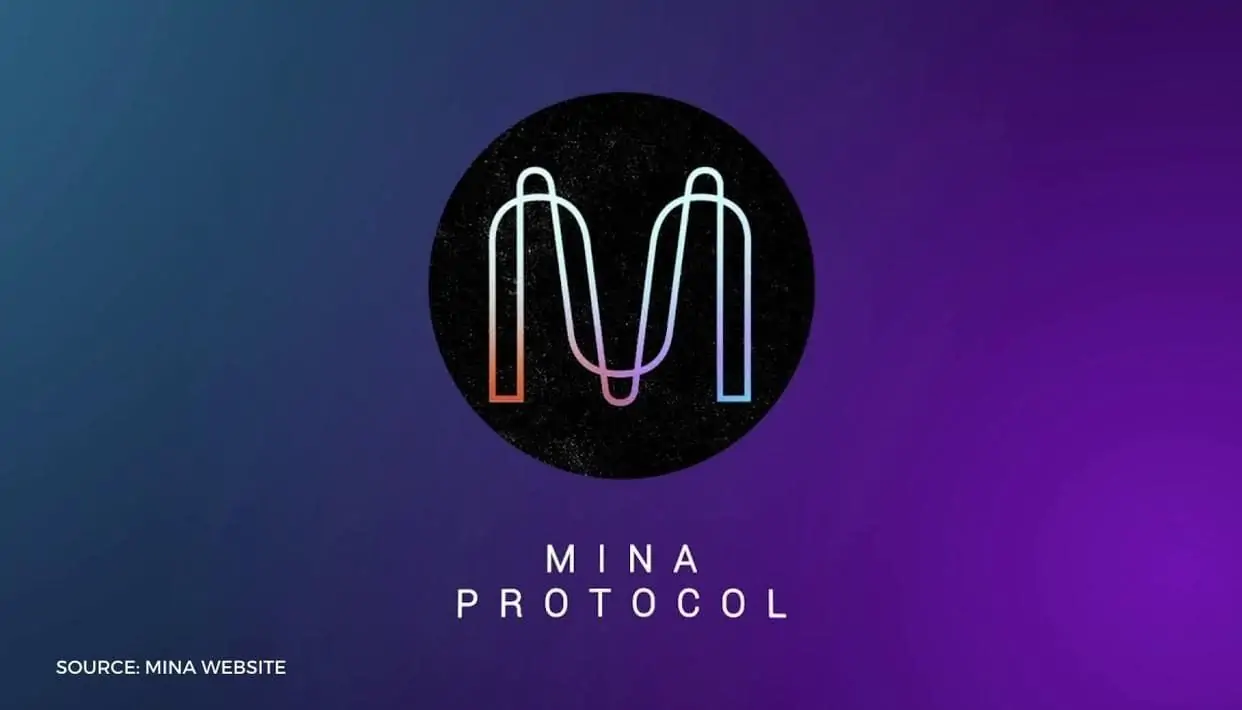
In 2021 the cryptocurrency markets have yet again seen an exceptional run with Bitcoin recording a historic level of over $60,000 (R900,000) on the 12th of March. Numerous cryptocurrencies skyrocketed, including but not limited to Ethereum that hit the $4090 (R57000).
At the end of May, the National Treasury presented to parliament the state of adoption for Cryto Assets in South Africa. The treasury said that crypto assets have grown rapidly in South Africa over the last few years and it may not be an option to ban them at this stage. They further noted that users primarily invest in 12 major crypto-asset trading platforms including Luno, Altcoin Trader and VALR.
Across these platforms, Treasury estimates that there are at least two million retail investors in the country, with $140 million (R2 billion) in transaction volumes recorded each day.
Most South Africans who missed out the buying opportunities at the beginning of the bullrun are in search of crypto currencies which still have the opportunity to go higher. Our crypto researchers have put together a list of Crypto currencies that have a strong chance of going parabolic before the end of 2021.
At the top of the list is this newly launched Crypto Gem. Mina is similar to Bitcoin, apart from how it handles transactions, but also employs the account model used in Ethereum. Mina Protocol is a minimal “succinct blockchain” built to curtail computational requirements in order to run DApps more efficiently. Mina has been described as the world’s lightest blockchain since its size is designed to remain constant despite growth in usage. Furthermore, it remains balanced in terms of security and decentralization. The project was rebranded from Coda Protocol to Mina in October 2020.
You can buy Mina via Coinlist
The Mina network has a size of only 22 KB, which is miniscule when compared to Bitcoin’s 300 GB blockchain.
Ethereum is a decentralized open-source blockchain system that features its own cryptocurrency, Ether. ETH works as a platform for numerous other cryptocurrencies, as well as for the execution of decentralized smart contracts.
Ethereum was first described in a 2013 whitepaper by Vitalik Buterin. Buterin, along with other co-founders, secured funding for the project in an online public crowd sale in the summer of 2014 and officially launched the blockchain on July 30, 2015.
Ethereum’s own purported goal is to become a global platform for decentralized applications, allowing users from all over the world to write and run software that is resistant to censorship, downtime and fraud.
You can buy Ethereum from VALR and nearly all South African and Global Exchanges
Cardano has been pioneered by a team of academics and engineers, and is offering a unique approach to scaling and securing a blockchain network. Cardano is a non-profit platform with three separate bodies responsible for maintaining and developing the platform. The cryptocurrency which operated in the Cardano network is called ADA and is, like others, can be used for direct value transfer. Furthermore, the network will soon be able to handle smart contracts. CoinDesk also provides a suite of institutional-grade price indexes.
You can buy Cardano from VALR and from international exchanges like Kraken, Binance and Coinbase
Polkadot is a sharded heterogeneous multi-chain architecture which enables external networks as well as customized layer one “parachains” to communicate, creating an interconnected internet of blockchains. The cryptocurrency uses an environmentally-friendly proof of stake consensus algorithm.
Bitcoin uses peer-to-peer technology to operate with no central authority or banks; managing transactions and the issuing of bitcoins is carried out collectively by the network. Bitcoin is open-source; its design is public, nobody owns or controls Bitcoin and everyone can take part. Through many of its unique properties, Bitcoin allows exciting uses that could not be covered by any previous payment system.
Chainlink is open-source technology that is collectively developed by a large community of developers, researchers, and users who share the goal of building Chainlink into a public good for the benefit of the entire blockchain ecosystem.
Uniswap is a decentralized finance protocol that is used to exchange cryptocurrencies. Uniswap is also the name of the company that initially built the Uniswap protocol. The protocol facilitates automated transactions between cryptocurrency tokens on the Ethereum blockchain through the use of smart contracts
Aave is an open source and non-custodial liquidity protocol for earning interest on deposits and borrowing assets.
Solana is a highly functional open source project that banks on blockchain technology’s permissionless nature to provide decentralized finance (DeFi) solutions. While the idea and initial work on the project began in 2017, Solana was officially launched in March 2020 by the Solana Foundation with headquarters in Geneva, Switzerland.
Enjin offers an ecosystem of integrated products that make it easy for everyone to develop, trade, monetize, and market with blockchain.
In 2009, Enjin launched the Enjin Network, a gaming community platform which boasts over 20 million users. In 2017 following a successful ICO that raised $18.9 million, Enjin began building a suite of blockchain products that enable anyone to easily manage, explore, distribute, and integrate blockchain assets.
Comprised of the Enjin Platform, Marketplace, Wallet, Beam, and other tools and services, Enjin’s tools enable game developers and studios to utilize tokenized digital assets as part of their acquisition, retention, engagement, and monetization strategies.
VeChain (VET) is a blockchain-powered supply chain platform. Begun in 2015 and launched in June 2016, VeChain aims to use distributed governance and Internet of Things (IoT) technology to create an ecosystem which solves some of the major problems with supply chain management.
The platform uses two in-house tokens, VET and VTHO, to manage and create value based on its VeChainThor public blockchain.
The idea is to boost the efficiency, traceability and transparency of supply chains while reducing costs and placing more control in the hands of individual users.
References
Mina, https://coinmarketcap.com/currencies/mina/
Ethereum, https://coinmarketcap.com/currencies/ethereum/
Polkadot, https://en.wikipedia.org/wiki/Polkadot_(cryptocurrency)
Bitcoin, https://bitcoin.org/en/
Chainlink, https://chain.link/
Uniswap, https://en.wikipedia.org/wiki/Uniswap
Aave, https://aave.com/
Solana, https://coinmarketcap.com/currencies/solana/
This website uses cookies.